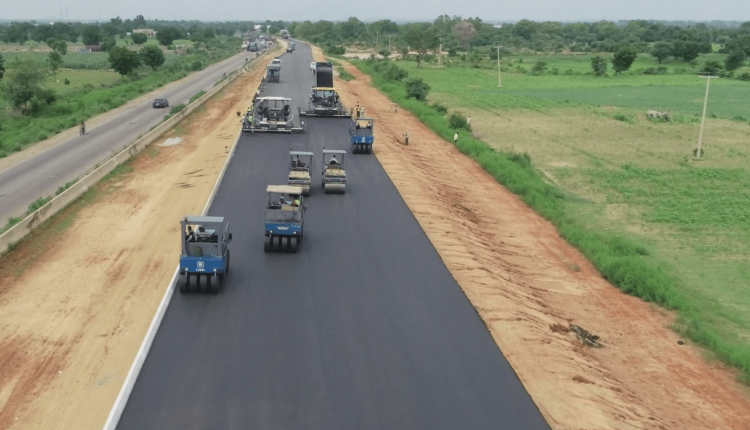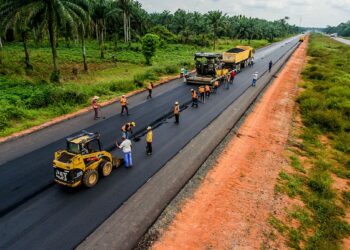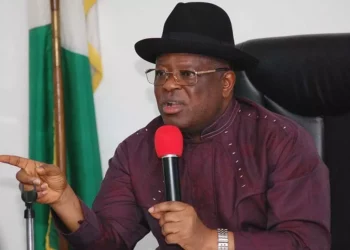The ministry of works confirmed the update on Wednesday, noting that the project—initially awarded in 2017 to Julius Berger Nigeria Plc at a cost of N155.7 billion and expected to be completed in 36 months—has faced delays. To date, only Section II (Kaduna-Zaria) has been completed and partially handed over, while Section III (Zaria-Kano) is partially finished. Section I (Abuja-Kaduna) remains in poor condition, worsened by continuous traffic and weather-related wear.
The ministry explained that redesigning Section I with CRCP aligns with the administration’s push to improve critical infrastructure as a catalyst for economic growth. “The President, His Excellency, Bola Ahmed Tinubu, has approved that the remaining 127 kilometers of the Abuja–Kaduna–Zaria–Kano Dual Carriageway, Section I (Abuja–Kaduna), be redesigned using continuously reinforced concrete pavement (CRCP) instead of the current asphalt,” read the statement.
Minister’s Push For Concrete Technology
Minister of works, Senator David Umahi, has been a strong advocate for concrete road surfaces over asphalt, which he argues lead to frequent repairs and drain government funds. Umahi indicated that contractors resistant to using concrete technology would not be awarded future contracts by the ministry.
The redesign comes as the government recently terminated Julius Berger’s contract for the Abuja-Kaduna road section over non-compliance with the revised scope and costs.
Over the past 13 months, the ministry reported unsuccessful attempts to reach an agreement with the company regarding the project’s alignment, leading to the decision to redesign and reassign the contract under new terms.





